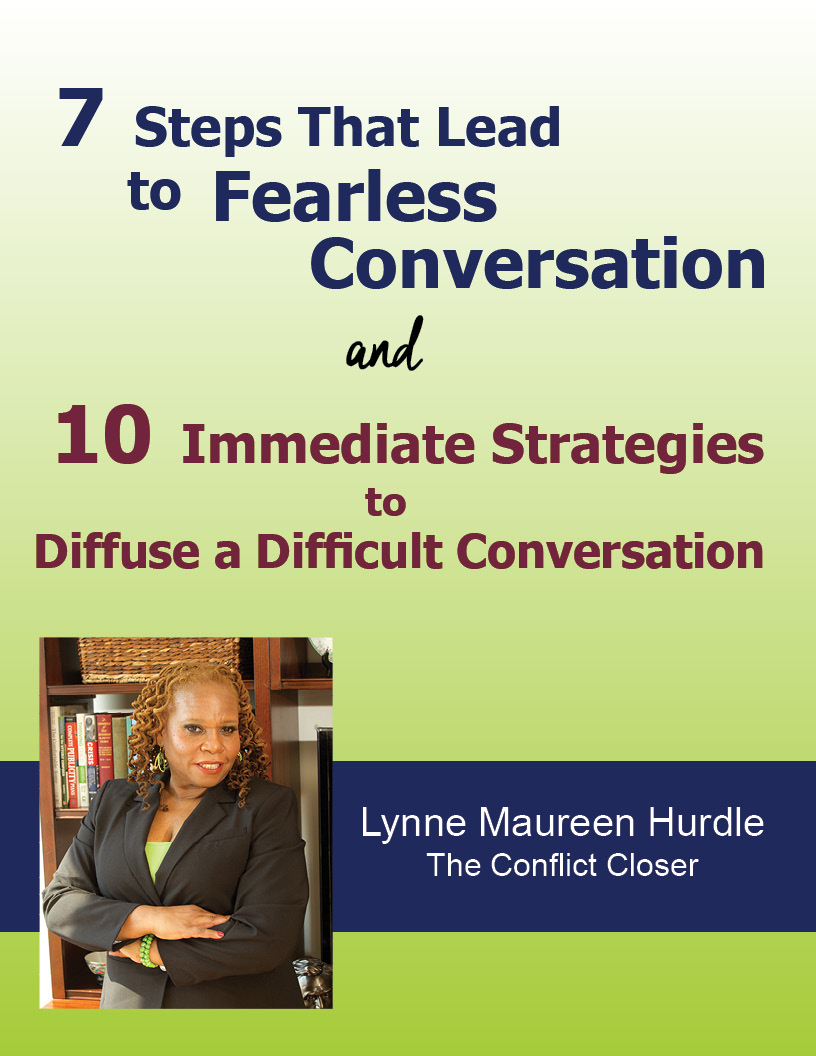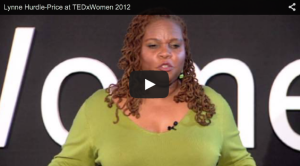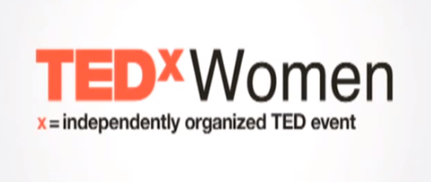The truth about conflict is… most of us don’t like it or want anything to do with it and some of us even run from it. Conflict is really about communication and as a leader, you do that everyday. You just need your words and actions to have their intended impact on others. This will in turn help them hear you, understand your vision, get inspired by you and move to action in even the most difficult situations. That’s the kind of action that creates both happiness, longevity and profits.
Difficult situations and conflict in general bring up a lot of negative feelings for leaders because, as the one in charge, you know that ultimately, conflict is going to reach your door and you are going to be expected to do something about it. Most leaders try to put off that day of reckoning for as long as possible, which only fosters resentment, frustration and escalation of the conflict. If we are to close conflict, we need to tackle it on two levels. The first is within ourselves and the second is with those who are either in conflict with us or with others on our team.
Let’s start with the first part of closing conflict. We don’t come out of a conflict clean. We carry our conflict stories; the stories about how we were first introduced to conflict and all of the unresolved conflicts that we still harbor feelings for. Of course, if we’ve had successes with solving conflict, we carry those successes with us as well, but science has proven that our brains are wired to alert us and protect us from danger and therefore hold on to negative experiences. In one of the numerous studies done on this topic, John Cacioppo Ph.D., demonstrated that, “the brain, reacts more strongly to stimuli it deems negative. There is a greater surge in electrical activity. Thus, our attitudes are more heavily influenced by downbeat news than good news.” We then hold on to those experiences and they create the stories we both unconsciously and consciously tell ourselves about our lives, and in particular, about conflict. So many of us have had negative experiences with conflict. If we are to close conflict, we’ve got to open the door to discover those stories, something I call ‘the roots of conflict in our lives.’ We have to work harder in order to bring them to the surface. We then have to examine them and develop an awareness of how they affect us during conflict situations. I know that sounds like a lot. I’m not going to lie. This work never ends, but I can show you how surfacing and developing an awareness of just one unresolved conflict can set you up to discover others easily.
*Sandy, who decided to work with me during my Leadership C.O.R.E. Program signed on because she realized that, like many entrepreneurs, she jumped into building her business, and started becoming successful and building a team, but when conflicts increased within her business, she didn’t have the leadership tools to handle them the way she wanted to. She wanted to unapologetically lead with confidence, skill and compassion, but had no real training in this before she bravely started her business. Our work began with her telling me about her Conflict Story. Through that sharing, I helped her become aware of her major and unresolved conflict of abandonment. In uncovering this, we were able to unpack a reaction she had to some statements made by one of her team members during a conflict. She was able to connect her reaction of “she’s not loyal and may leave” to her unresolved conflict story of abandonment. I helped her recognize that this story created triggers for her, which led to her categorizing these statements and other statements as not being loyal when in reality, it did not have anything to do with that. We were able to open this up and look at it and unpack its affect on her in preparation for a conversation she was going to have with the team member. Because she opened herself up to her conflict story and doing the work, she was able to listen through the words that had triggered her. By doing that she learned that loyalty was not the issue. Nonetheless, here’s the kicker. Going forward she was able to catch herself whenever she tried to relate her conflict story to any conflict scenarios with others and make the shift to listening more rather than reacting. Because this initial work was done, she found herself becoming aware of other parts of her conflict story that triggered her during different conflict situations and put the strategies that I taught her to work. The more aware we are, the more strategies and tools we implore, the less impact these unresolved conflicts have on us. That’s the work of bringing conflict close and closing conflict.
This excerpt is from my upcoming book, Closing Conflicts For Leaders: How to be A Bold Leader and Develop A Kick-Ass, High-Functioning, Happy AF Team. Join me for the digital book launch on Amazon Thursday, March 15, 2018.





